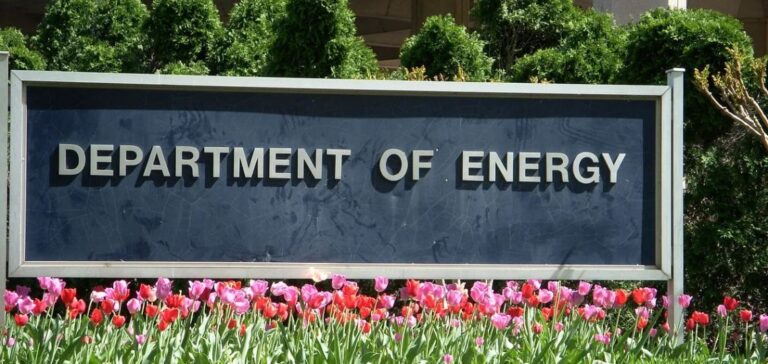On March 17, the US Department of Energy (DOE) announced a $57 million loan to Holtec International to restart the Palisades nuclear plant, located in the state of Michigan. This funding aims to ensure that the plant complies with the safety standards set by the Nuclear Regulatory Commission (NRC), the federal agency responsible for regulating nuclear energy in the US.
This financing follows an initial allocation in September 2024, when the DOE granted a loan guarantee of $1.52 billion to Holtec to support the plant’s revival project. The goal is to restart the 800 MW plant, which was shut down in May 2022 by its previous owner, Entergy, due to decreased profitability linked to market conditions. Holtec acquired the plant with the initial intention of decommissioning it, before changing plans and attempting to restart operations.
The plant’s restart is viewed as a strategic move, both for the local economy and for national energy policy. According to Chris Wright, US Secretary of Energy, the project will create jobs, strengthen domestic supply chains, and support the US’s position as a global leader in energy production.
Regulatory and safety challenges
The funding granted by the DOE will enable Holtec to meet the strict NRC safety requirements, in preparation for the plant’s operational restart. In February 2024, the NRC published a preliminary assessment concluding that the environmental impacts related to restarting the plant would be minimal, facilitating the reauthorization of energy production operations. The plant is expected to operate until the end of its current license in March 2031, with the possibility of extending its operational life until 2051, as indicated by Holtec.
Support for nuclear energy in the current political context
This decision comes within the broader context of supporting nuclear energy, even as the Trump administration seeks to reduce federal spending and limit new funding allocations. US authorities continue to advocate for nuclear energy as a cornerstone of national energy security. Although the administration has cut some budgets for federal agencies, recent court rulings have forced the government to reverse some of these measures, allowing projects like Palisades to continue.
In February 2024, the Federal Energy Regulatory Commission (FERC) approved Holtec’s request to extend its grid interconnection rights until 2027, ensuring the possibility of restarting the site. This decision helped maintain the infrastructure needed for electricity production over an extended period, a key factor in ensuring the long-term viability of the operation.
Long-term prospects for the Palisades plant
The Palisades plant’s restart project could have significant implications for the future of nuclear energy in the United States. It reflects the administration’s commitment to keeping nuclear facilities operational to meet future energy demands while reducing carbon emissions. The initiative is also part of a broader effort to enhance the competitiveness of the nuclear industry against other energy sources such as natural gas and renewables.






















